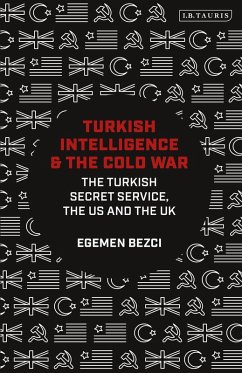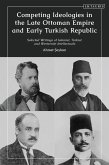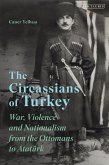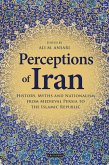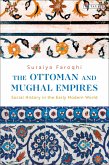Turkish Intelligence and the Cold War examines the hitherto unexplored history of secret intelligence cooperation between three asymmetric partners - specifically the UK, US and Turkey - from the end of the Second World War until the Turkey's first military coup d'état on 27 May 1960. The book shows that our understanding of the Cold War as a binary rivalry between the two blocs is too simple an approach and obscures important characteristics of intelligence cooperation among allies. Egemen Bezci shows that a pragmatic approach offers states new opportunities to protect national interests, by conducting ''intelligence diplomacy' to influence crucial areas such as nuclear weapons and to exploit cooperation in support of their own strategic imperatives. This study not only reveals previously-unexplored origins of secret intelligence cooperation between Turkey and West, but also contributes to wider academic debates on the nature of the Cold War by highlighting the potential agency of weaker states in the Western Alliance.

